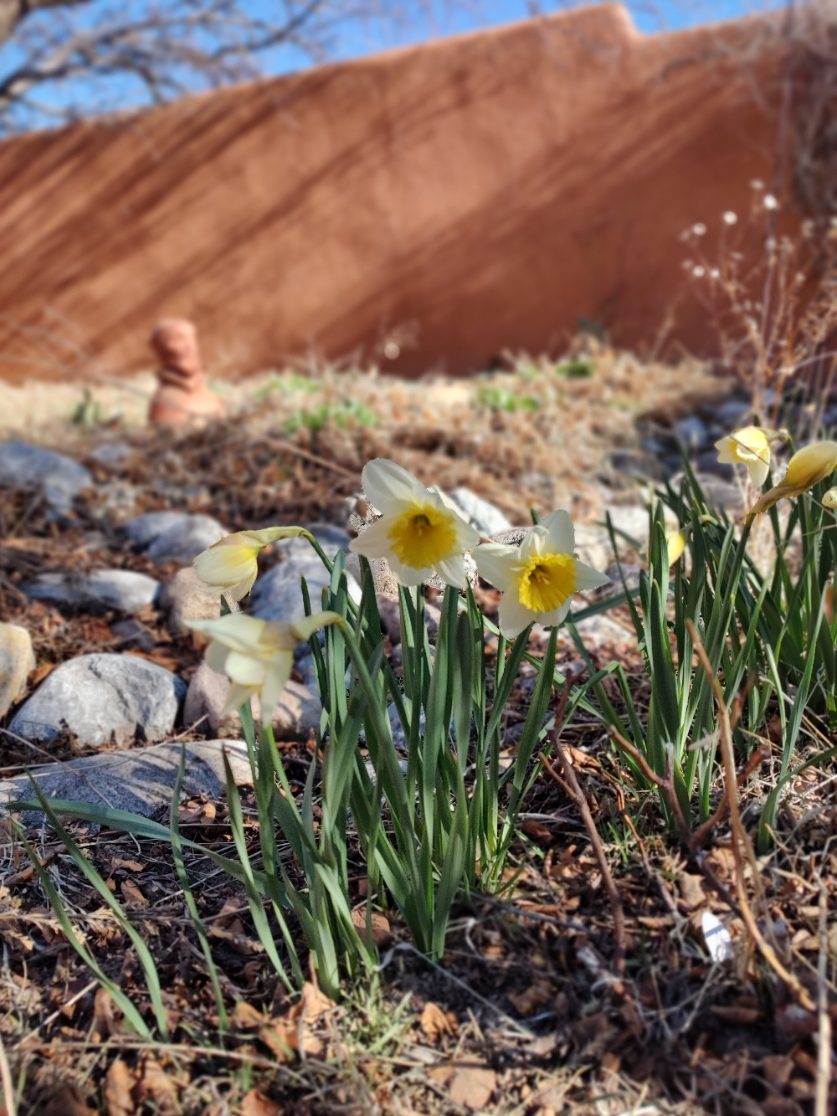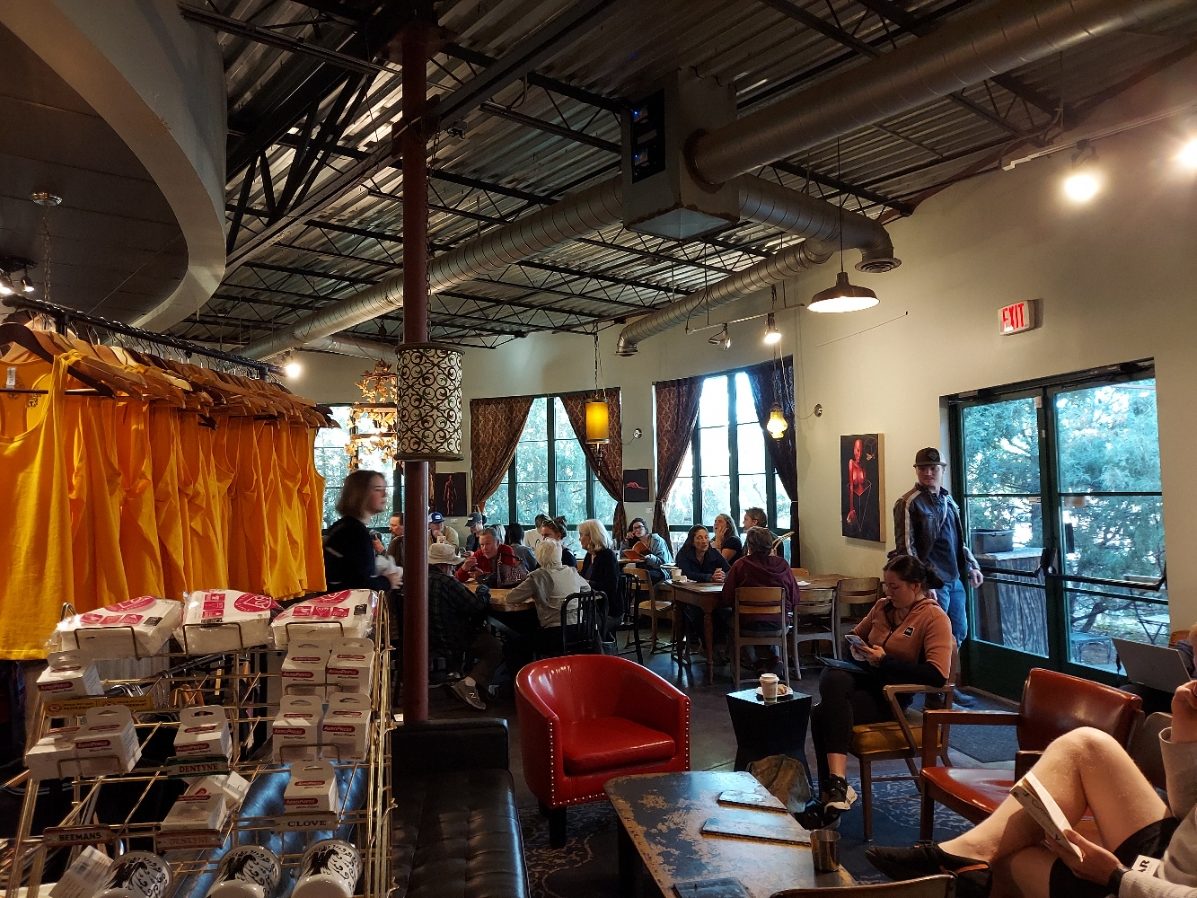What to do when an author’s editor leaves the house, the one question to ask career authors, studying movies made from books to understand theme and what subplots/side characters aren’t important.

RITA ® Award-Winning Author of Fantasy Romance

What to do when an author’s editor leaves the house, the one question to ask career authors, studying movies made from books to understand theme and what subplots/side characters aren’t important.


One more pep talk on how it’s REALLY OKAY if you don’t like doing newsletters, examples of successful authors without them, and thoughts on reinvention, flexibility, and how this business is hard.


My series rebrand of the six-book epic romantic fantasy saga, Sorcerous Moons, is complete! Book One, LONEN’S WAR, releases Friday, with each subsequent book releasing one/day for the following week.
This is my first (and possibly last!) real test of whether my books can be successful in KU. I’ve run A/B tests before and I’ve always made 2-3x as much money in sales on Amazon alone than via page reads in KU. But we shall see! Tell your KU-loving friends. 😀
Our topic this week at the SFF Seven is The Write Stuff: What five effective work habits make a professional writer the most successful? I can only tell you mine and that’s defining “success” as being productive. The other kind of success – fame, money, adulation, awards – depends hugely on timing and serendipity. But we’re focusing on work habits, so here are mine:
1. Consistency
You don’t have to write every day, at the same time every day – though I do extoll that as THE single most effective method for building a consistent writing habit – but consistency is key. I build my schedule around protecting my writing time and that habit carries me through all sorts of difficulties.
2. Persistence
The other piece of building a writing habit is keeping it going. So many writers give up without finishing a book – or finishing multiple books! – or they give up after a few books. Or, when attempting to write consistently, they take time off, change their minds, prioritize something else. Persistence is what gets words on the page.
3. Focus
Shut out the world, ignore the new shinies and frolicking plot bunnies. Close the office door, put in the noise-cancelling ear buds, disconnect the internet and silence the phone. Focus on the writing and only on the writing for the time that you’re doing it. Think about the story and only that. All other considerations come later.
4. Integrity
Write what you believe in and write it your way. Don’t chase trends or try to make your stories a clone of someone else’s. This may not seem like an effective work habit, but it is! Keeping to the integrity of the story YOU are telling allows you to focus on that and not the market, or whatever the loud voices are currently shouting about.
5. Flexibility
The previous four have all been about ritual and drawing firm lines, but with those come a need for flexibility. Be ready to change up what you’re doing if you have to. Reinvent yourself regularly. Try rebranding series and putting it in Kindle Unlimited. (See what I did there?) The world changes, sometimes rapidly, and we have to be ready to change with it.
The other day as I was driving home, this woman pulled out in front of me.
I knew she was going to do it. I could see her from a ways off, watching the oncoming traffic to her right. Whatever it is that telegraphs what other drivers are going to do, told me that she’d already decided to go after that group coming from her right. She looked at me, now approaching from her left, but pulled out anyway.
She had already made up her mind, after all.
Much has been made lately of the split-second decision. The knowing without conscious thought, as in Malcolm Gladwell’s Blink. It’s an interesting concept, and I think Gladwell makes good points, in both Blink and Tipping Point, about how we decide, from life-mates to editors buying manuscripts. (Same thing?) This plays into what I was talking about yesterday, with how our brains filter information.
It’s important to be decisive. Without decision, you are paralyzed. Unable to act. And it’s nearly impossible to analyze all the factors that go into a decision in reasonable time to act. If you wait until you’ve analyzed every possibilty, every variable, the moment has passed.
Decision means to cut away — same root as incision, only you take it out instead of cutting in. You cut away your other options until only one remains
The important thing, I’m thinking, is that only one course of action remains for just that moment. If conditions change, you have to be ready to alter the decision. The lady in the other car made her decision, but she was then unwilling to let go of it when another factor, me approaching from the other direction, presented itself.
Much is made, also, of the ability to stick to decisions. To select a course of action and persevere regardless of obstacles. We’ve all witnessed the virtue in that. Countless stories abound of people who achieve great things this way. However, we can all think of people who persisted along a course of action regardless of the fact that it wasn’t working. If I decide to drill my way through a brick wall by banging my head against it, it’s likely my skull will give before the wall does, no matter how strong my resolve.
But then, it would be a bad decision in the first place.
I’m a fan of the bad decision, actually. I truly believe it’s better to make a bad decision than no decision. The paralysis of trying to make the perfect decision is excrutiating. The key is then being willing to constantly reevaluate the decisions I’ve made. To question the basis for them. Why did I believe my skull was stronger than brick at the time. Perhaps I should reconsider my assumptions.
It takes resilience and flexibility. Something that grows more difficult as we grow older. Just as our bodies tend to stiffen, so do our assumptions. Young people are sometimes derided for being flighty — changing majors and mates with flagrant flexibility. They are urged to pick one thing/person and commit.
Perhaps those of us who’ve gotten good at committing should be urged to reassess.